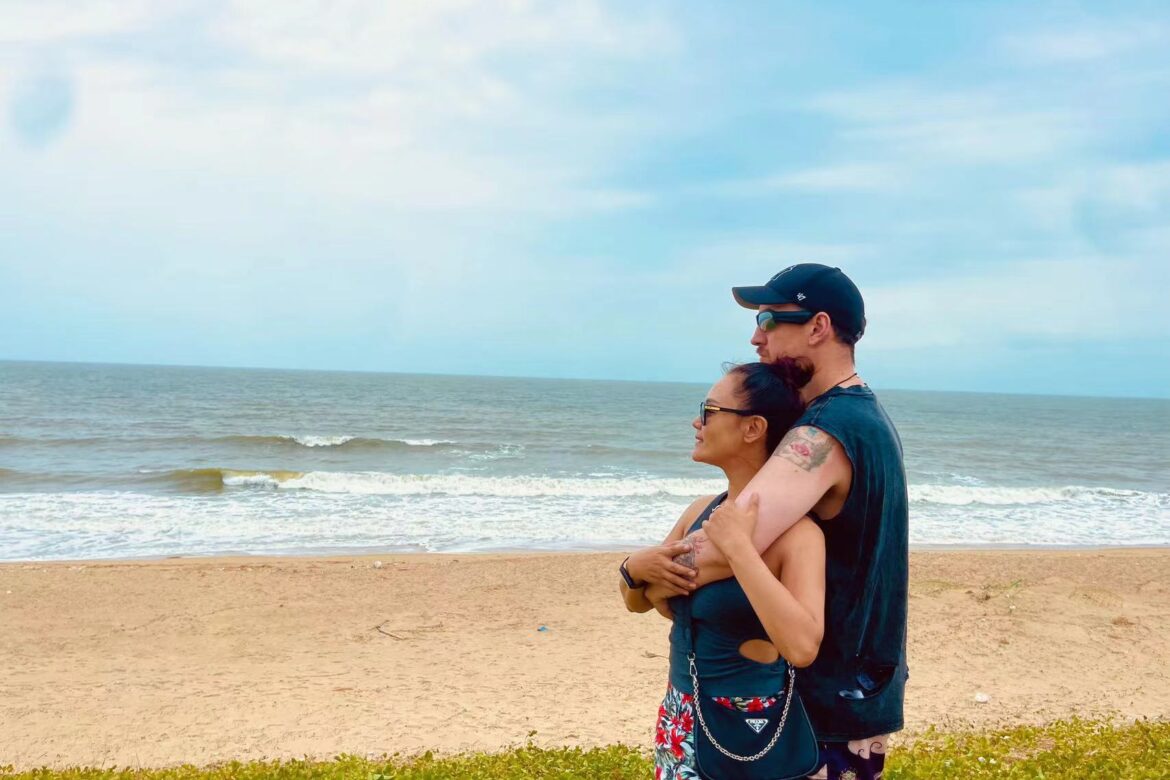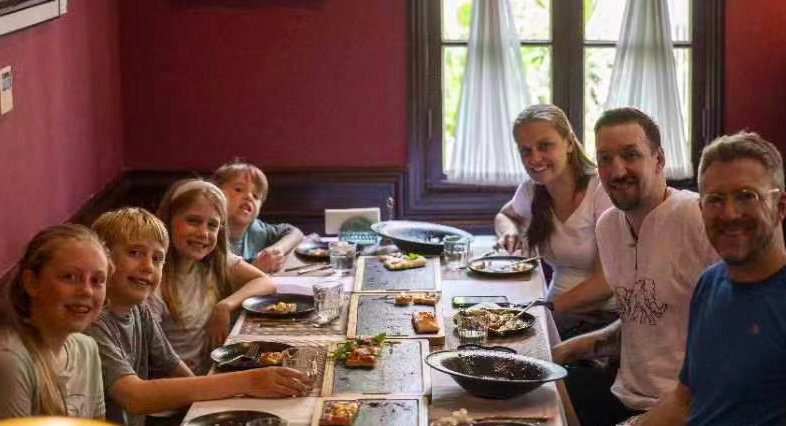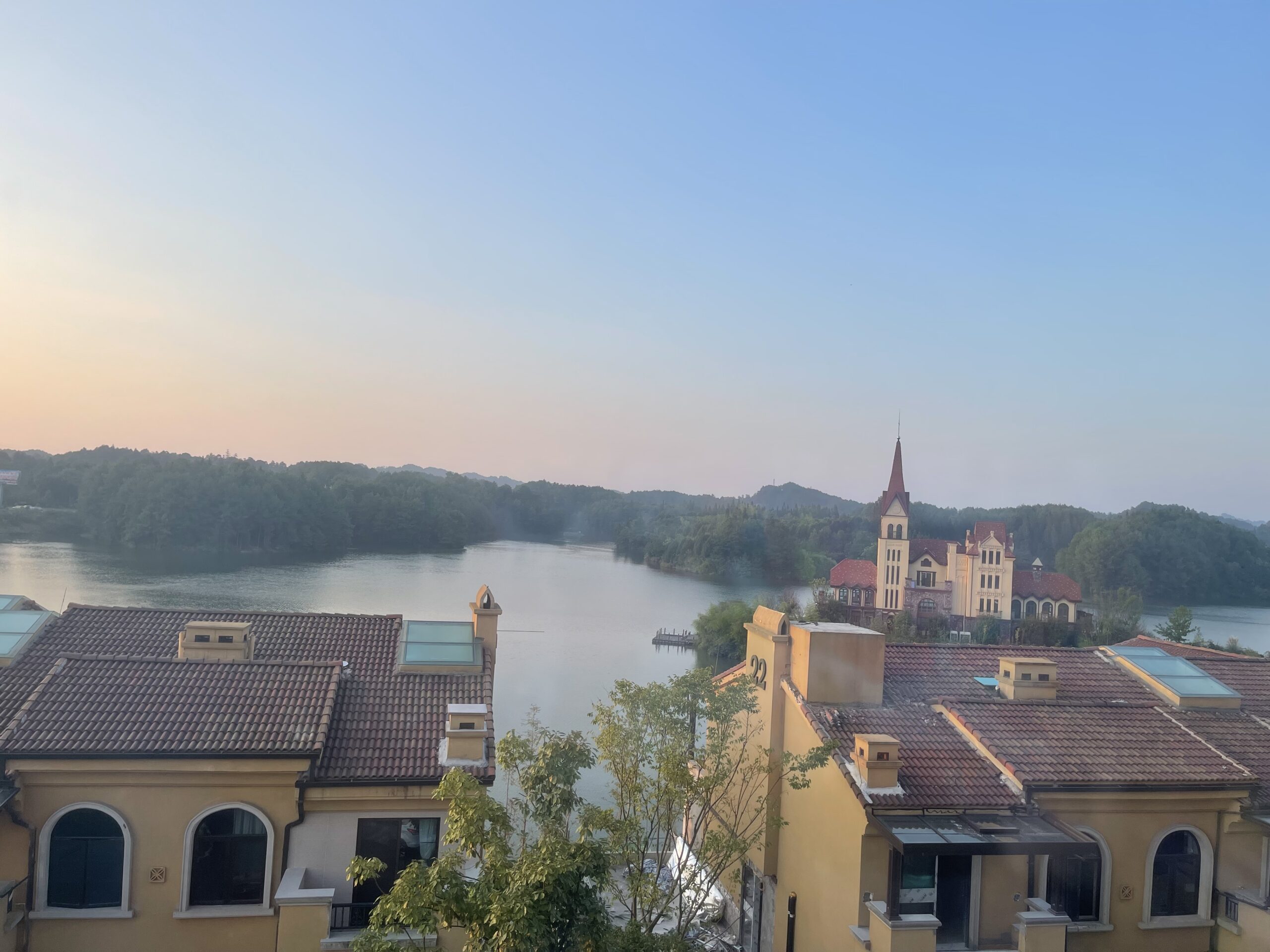In the Canadian weather lottery, sun-soaked beach days are as rare as a sasquatch in a bikini. But when they roll around, we strip off our flannels and beeline for the nearest beach with the oompha loompha of a horny leprechaun on a four-leaf clover bender.
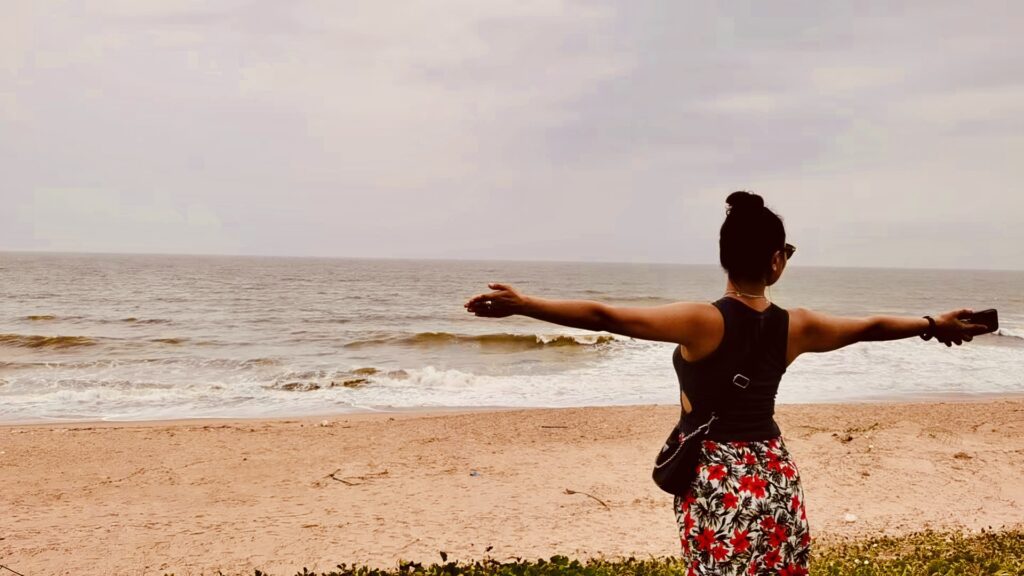
Xiaolin, Jorah Kai’s wife, basking on the beach near Yang Jiang, Guang Dong, after Typhoon Talim. (Photo: Jorah Kai)
The beach is a dangerous place for Canadians. Accustomed to freezing weather for more than half the year, chilly sweater weather for another quarter, and then mild to pleasant weather for the remaining fraction, we can sometimes count on two hands the number of sublime sunny beach days we might get in a calendar year. Those days we call in sick, gather our floatables, and head to the beach or nearest lake to drink cold beer and float about in a state of sublime ecstasy. By nightfall, if we’ve done it right, we are a lobster red (pigment may vary, some Canadians are more resistant to burns than others) and suffering already. By the next day, we are peeling, dealing with a nasty headache, and glad it’ll likely be another year before we head to the beach again. A Canadian in a tropical country, on a prolonged vacation or permanently relocated, must face constant danger from the outside world. Even on overcast days, the UV rating is enough to broil our skin within a few hours. At least for me, a pale goth kid turned festival DJ who burns easier than shrimp boils. And faster too.
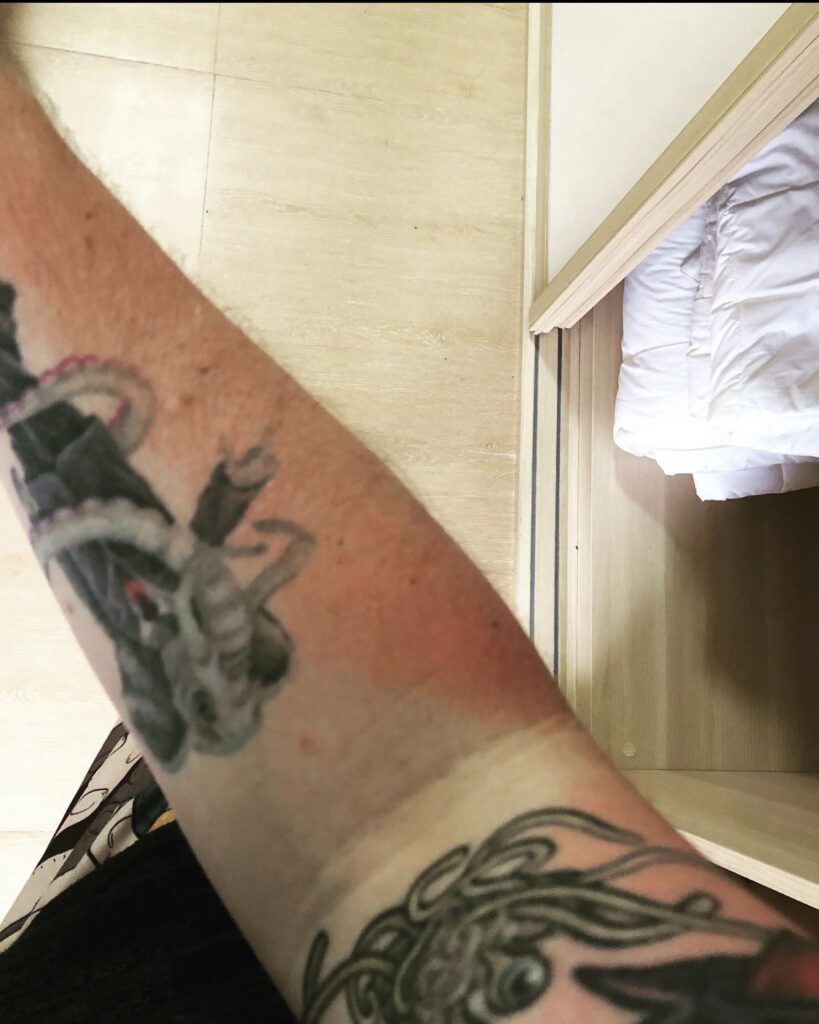
Kai’s horrible sunburn after hours spent on an overcast, cloudy day outside, crab-fishing with his Chongqing family. (Photo: Jorah Kai)
My unconventional approach to life was forged in the crucible of a 25-year career as a festival DJ/producer, writing records for the Olympics, blowing fire, and spinning tracks at Burning Man, Metro Smart Bar, the Limelight, and other iconic global stages. I came to view life as an absurdist’s wonderland, an arena best navigated with quick wit, adaptability, and a DJ’s knack for setting the perfect soundtrack.
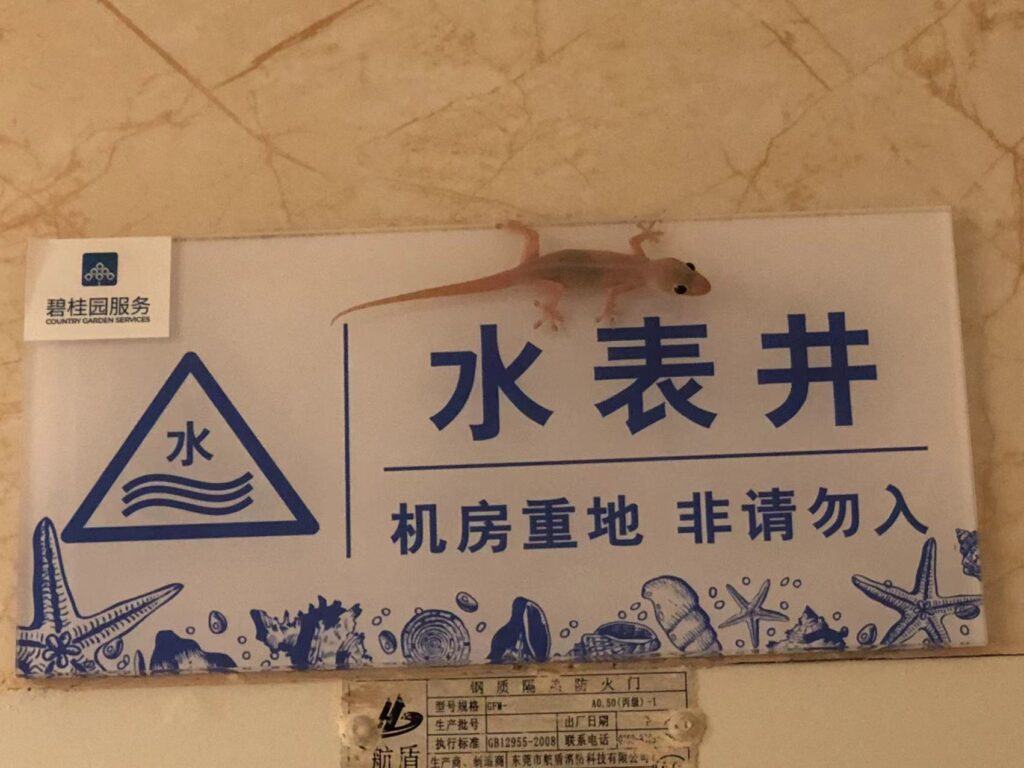
A cute local, hiding from the storm. (Photo: Jorah Kai)
Indeed, adventure does court mishaps: there was a day on sleepy Cape Breton Island when playing hookey and pre-game beach shenanigans turned sharp, landing me in the ER with a memorable scar of five stitches. The culprit? A rogue bathroom mirror and defecting mounting hooks that decided to stage a revolt while I was in the shower- I remember the dizzying effect as I flew towards my own reflection, and then it smashed on me into a million tiny us-es and droplets of deep crimson blood that almost – but not quite – slit my wrist (luckily I got my hand up, and then turned it away, so it only slashed me above my thumb, at the bone). This eyebrow-raising accident was a stern nod to life’s unpredictability and the delicate dance between reckless abandon and vigilant safety. It was a lesson in the real-world application of the Burning Man principle of Radical Self-Reliance: the responsibility for one’s own well-being, even when sunbathing with a daiquiri in hand.

Kai and Xiaolin, on their summer beach vacation in Guangdong. (Photo: Jorah Kai)
The memories are like oceans of dreams, if wishes were fishes, and days became decades. When the heady festival days of my youth receded into the rearview, they were supplanted by a new adventure: Chongqing. This city, a hidden cyberpunk metropolis on the precipice of a solarpunk transformation, is brimming with solutions to climate change, rising oceans, and scorching heat waves. However, my proficiency in Chinese rivals a toddler’s eloquence, rendering me perpetually, and often delightfully, disoriented—a state of being I wear as comfortably as a vintage band tee.
In this melting pot of neon lights and ancient tradition, even a pale goth like myself can find himself basted and broiling on the golden sands of the South China Sea near the idyllic Yang Jiang village in Guangdong.
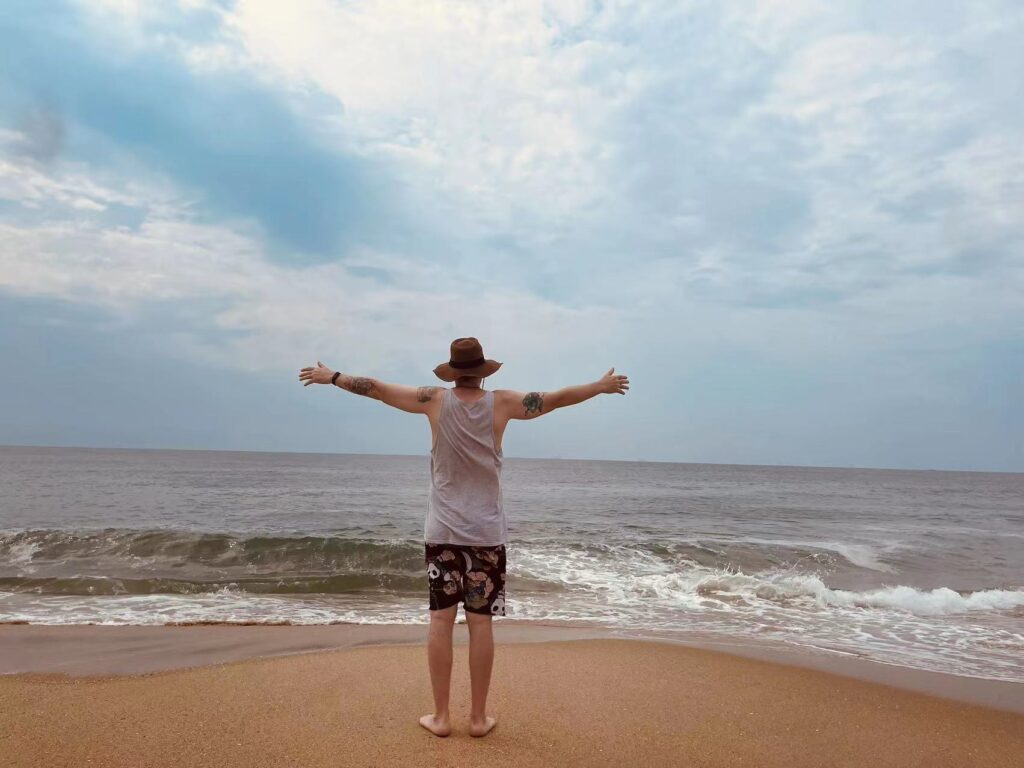
Kai basking on the beach. (Photo: Jorah Kai)
Enter Moon Bay. Raw, embryonic. Like hitting a festival a week early for setup or Burning Man a month early. A pre-show spectacle, not ripe for the public. Future Sanya, it whispers, in ten years’ time. Now, though, it’s our peaceful fishing sanctuary.
That’s where I met Typhoon Talim. As I hunkered down during the merciless onslaught of the 150km/h winds, I found myself assessing the stress on our windows, recalling a similar situation from years past. Amid a literal tornado at the World Electronic Music Festival near Toronto, my friend Chrissy was pinned to the ground by a rogue speaker. Emulating the fluidity of water, she survived this terrifying ordeal, her story serving as a powerful testament to the principle of ‘Wu Wei’ and the importance of adaptability.
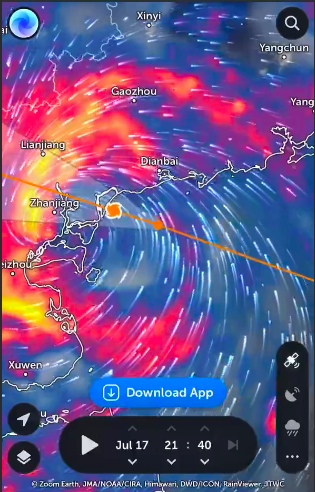
The German ICON satellite tracking Typhoon Talim as it approached the hunkered-down Canadian writer.
“Wu Wei,” a fundamental principle of Daoism, urges us to embrace life’s natural flow, adapting effortlessly. Chrissy’s embodiment of fluidity in chaos highlights its power. Bruce Lee’s timeless quote, “Be like water, my friend,” emphasizes adaptability—flow or crash like water. Stoicism teaches us to control perceptions amid external chaos. These principles guided me through Typhoon Talim, reminding me of adaptability’s essence. In navigating life’s storms, be they literal or metaphorical, embrace “Wu Wei,” Daoism, Bruce Lee, and stoicism for strength, resilience, and the wisdom to thrive amidst chaos.

Kai and Xiaolin on the beach after Typhoon Talim (Photo: Jorah Kai)
Amid this roaring tempest, the echoes of my festival days were the loudest, as the guiding principles that once navigated me through the wild world of music festivals reverberated in my mind. The Ten Principles of Burning Man, initially crafted in the desert, were about to earn their stripes as a survival kit for navigating the tumultuous storms of life.
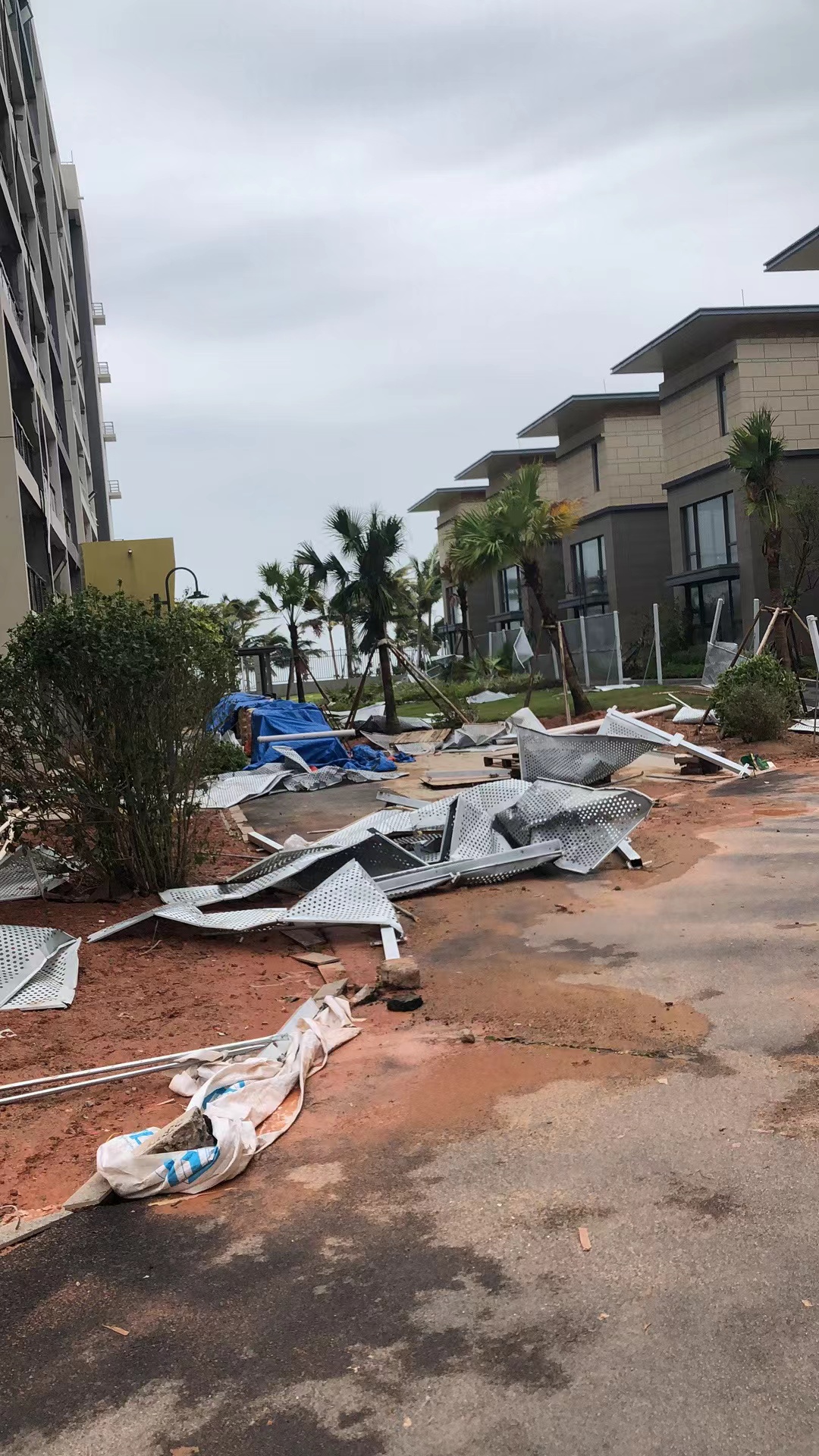
Damage after Typhoon Talim, as local birds cried out in distress from wounded trees. (Photo: Jorah Kai)
In the face of the impending typhoon, we embraced the ten principles that guided our collective survival: Radical Inclusion welcomed everyone, regardless of background; Gifting encouraged selfless support for others; Decommodification reminded us of the value beyond material possessions; Radical Self-reliance urged us to use our skills to adapt and thrive; Radical Self-expression allowed us to respond uniquely; Communal Effort emphasized teamwork and resource pooling; Civic Responsibility called us to protect our community; Leaving No Trace reminded us to restore our environment after the storm; Participation required active engagement; and Immediacy demanded immediate action. Together, these principles shaped our response to the storm, turning survival into a real-life experience.
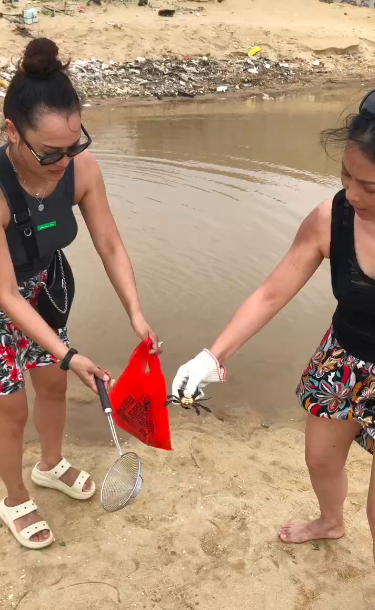
Post Typhoon crab hunting (Photo: Jorah Kai)
With solar power, durable tech, and infectious beats, I stand at 43 (close to 44), ready to waltz with any curveball life throws my way. A storm greater than Talim brews on the horizon – literally a much stronger storm that will hit us again in 3 days’ time – but I face it with the strength of my experience and the resilience of my gypsy lineage.
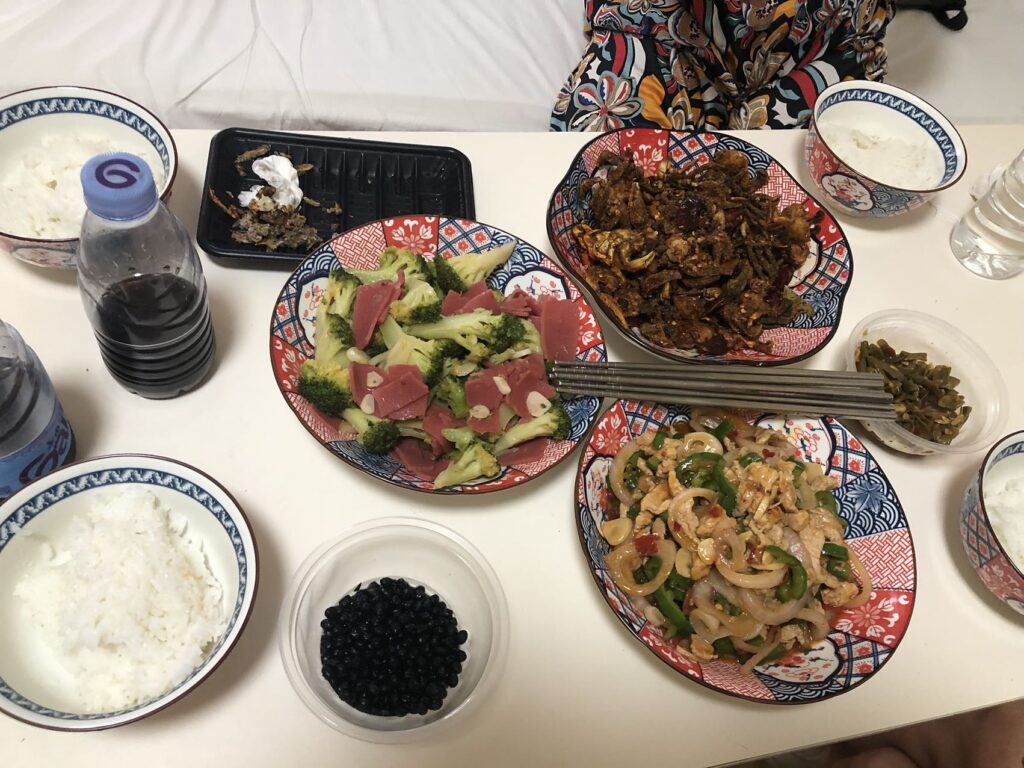
Kai’s niece Zhang Yidan turned the bucket of crabs into a soft-shell crab lunch. (Photo: Jorah Kai)
However, our world is changing at breakneck speed, and the storms are not always of the meteorological kind. The existential threats of climate change, heatwaves, looming water crises, and the disruptive tsunami of Artificial Intelligence redefine our lives’ landscape. My current role as a high school English teacher bears testament to this transformation: no longer can we assign essays as homework. The AI revolution has disrupted the traditional, and we’re still grappling with its ramifications.

Everything has a season. This was the day for a Dali-esque Typhoon hat. (Photo: Jorah Kai)
The specter of AI looms over Hollywood too, with the recent actors’ strike illustrating the industry’s fear of being replaced by scanned AI counterparts. But change is the only constant. Within the next 18 months, casual computer users might produce Hollywood-quality films from their living rooms, turning Tinseltown into a niche relic in the face of democratized creativity. Adaptability is no longer a choice; it’s a survival skill.
Even as storm clouds gather, a mischievous grin refuses to leave my face. I find myself chuckling at the upcoming test, whispering to the furious winds, ‘Bring it on, eh?’ Moments like these are opportunities for active engagement, to dance with life’s trials, an ode to my resilience, experience, lineage, and performer instincts.
So, as the horizon brews another challenge, let’s remember this: Life is a beach festival, unpredictable, tempestuous, and breathtakingly beautiful. Embrace the sun, steel against the storms, laugh with the absurd, and when necessary, flow, crash, be water.
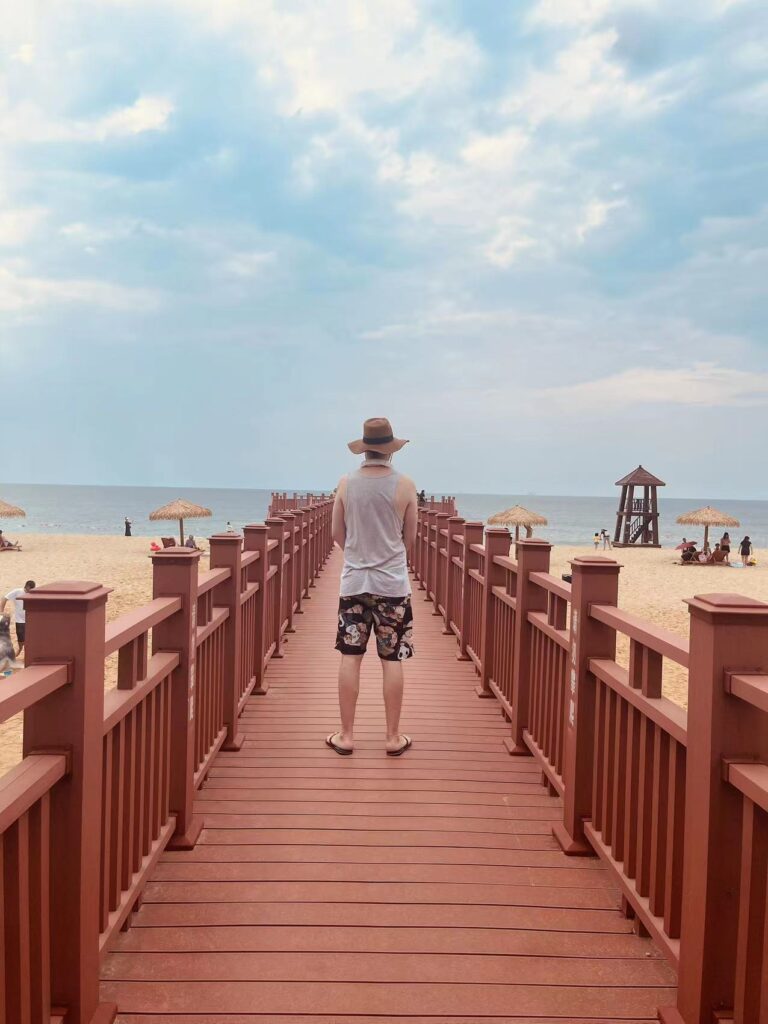
Enjoying the cool breeze and placid seas. (Photo: Jorah Kai)
Jorah Kai Wood (王凯 in China) is an editor and contributor iChongqing and Bridging News. He’s been a foreign teacher at the Chongqing Foreign Language School since 2014 and the author of award-winning bestseller Kai’s Diary, and COVID Diaries: The Invisible War, Year of the Rat, and the Aye of the Tiger and Chongqing-based solarpunk fantasy novel Amos the Amazing.
